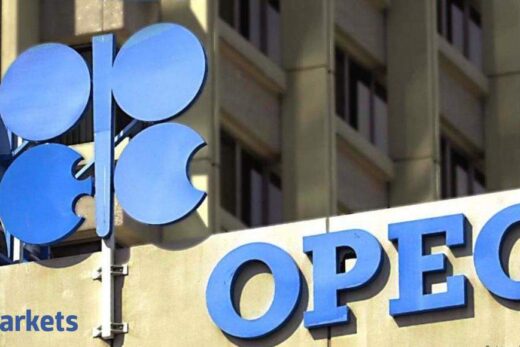With commodity prices increasing, the company is keeping a close eye on the situation and going for calibrated price hikes so as to avoid impacting consumers in a big way, he added.
Replying to a shareholder’s query on the preparedness of the company in case of a third wave of the pandemic, Mehta said, “Now we have made the supply chain much more agile, we have taken a number of initiatives to improve efficiency. We have added much more flexibility in our supply chain by adding 30 per cent more capacity, and we aim to preserve resilience through alternate sourcing.”
“We also continue to invest in technological capabilities, and we have invested in creating a very safe environment for our workforce through tiered protocols,” he added.
HUL’s supply chain is undergoing a massive transformation across the verticals and the company is digitising upstream sourcing network which allows optimisation of cost, Mehta said.
“We are bringing in artificial intelligence and machine learning that is being leveraged for better forecasting and planning. And we are also redesigning a manufacturing and distribution network to bring in more agility and flexibility,” he added.
The FMCG major has also significantly “strengthened medical infrastructure,” he said, adding “we are accelerating the vaccination programme for people.”
On rural demand, which has grown faster than urban trade after the first wave of the pandemic, Mehta said he expects it to be “resilient”, but added it will take a few more weeks for a proper assessment.
“But we expect the rural to be resilient because the IMD predicts that monsoon will be normal…,” he said.
The government has increased outlay on MGNREGA, there is a rise in wages and also the MSP of certain key crops has gone up now, Mehta added.
“So we are confident, we expect the rural (market) to remain resilient,” he said.
Regarding commodity prices, Mehta said there has been an “unprecedented increase” in the prices of tea, palm oil and crude oil based derivatives and said the company would go for a “judicious hike” to safeguard the consumers’ interest and protect the business.
“We take the prices of our finished goods, increase it in a very calibrated and judicious manner. This is to ensure that we do not pass on all the cost to the consumer with one go and which will end up having an impact on the volume,” he said.
The company continues to have a “very close eye on inflation and the endeavour is always to maintain the right price-value equation from the consumer perspective”, he added. “This also helps consumers in the current COVID environment.”
Bullish on the Indian market, Mehta, said the country offers massive growth potential in the “medium to long term”.
“We have a growing economy, a large consuming middle class and a very young population and in addition, we have a fast-evolving digital landscape with over 750 million internet users with one of the cheapest data costs in the world,” he said, adding the country clearly needs “inclusive growth”.



